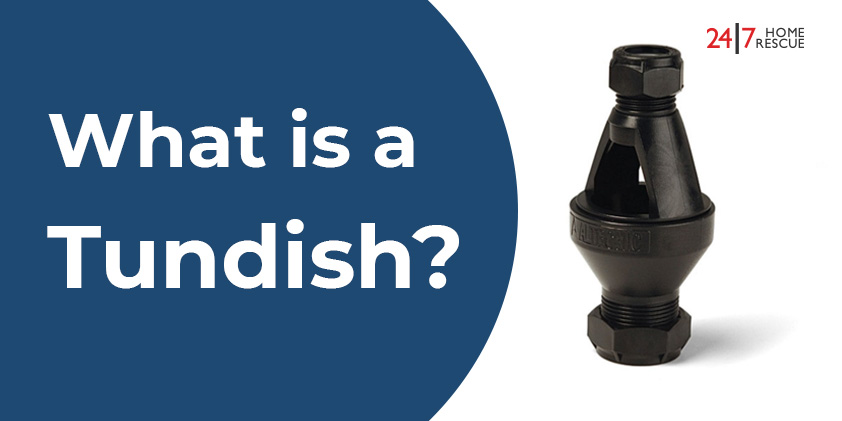
Hive vs Nest Thermostat: Best Smart Choice 2025
In today’s era of smart homes, comfort and energy efficiency go hand in hand. Among the most popular solutions, the debate over Hive vs Nest Thermostat is a hot topic for homeowners across the UK. Both devices are designed to reduce energy bills, provide precise temperature control, and integrate with smart home systems but they differ in features, automation, and user experience.
This guide dives deep into the difference between Hive and Nest, helping you answer the crucial question: which is best: Hive or Nest Thermostat? By the end, you’ll know which is worth Hive or Nest Thermostat for your home.
Hive vs Nest: Key Takeaways
- Automation vs Control: Nest automates, Hive empowers manual control.
- Energy Savings: Both save up to 20%, Nest slightly more overtime.
- Smart Home Integration: Nest favors Google ecosystem; Hive supports multiple platforms.
- User Experience: Hive is simple; Nest is detailed and data driven.
- Investment Worth: Both are worthwhile, it depends on your priorities.
What Is a Smart Thermostat and Why Do You Need One?
A smart thermostat allows you to control your home’s heating remotely via an app, voice commands, or automated routines. Unlike traditional thermostats, which rely on manual adjustments, smart thermostats learn your habits and adjust the heating automatically. This not only improves comfort but also reduces energy wastage.
Both Hive and Nest smart thermostats offer these benefits but the way they achieve efficiency, and convenience differs.
Hive vs Nest Thermostat: Feature Comparison
| Feature | Hive Active Heating | |
|---|---|---|
| Design | Simple, functional interface | Sleek, premium circular design |
| Learning Capability | Manual scheduling | Autonomously learns usage patterns |
| App Control | Hive App (compatible with iOS/Android) | Google Home App (iOS/Android compatible) |
| Voice Control | Compatible with Alexa, Google Assistant, and Siri | Works seamlessly with Google Assistant and Alexa |
| Installation | Easy DIY options or professional installation | Professional installation recommended |
| Energy Reports | Provides basic insights | Offers detailed energy usage reports |
| Price Range | Generally lower and more affordable — estimated at £99 | Positioned in the premium segment — estimated at £119 |
Understanding the Difference Between Hive and Nest
Hive Thermostat
Hive uses manual scheduling, giving you direct control over your heating via its app. It’s ideal for homeowners who prefer to manage their heating themselves and stick to predictable routines.
Nest Thermostat
Nest leverages artificial intelligence to learn your daily habits and automatically adjust the heating. It senses when you’re home or away and modifies temperatures based on your preferences. If you want automation and a “set it and forget it” experience, Nest is the better choice.
Bottom line: If you prefer simplicity and reliability, Hive is a strong contender. For automation and intuitive energy management, Nest excels.
Energy Efficiency and Potential Savings
Both thermostats are designed to cut energy waste and reduce bills.
- Nest Thermostat: Optimizes heating patterns automatically, potentially generating greater savings over time.
- Hive Thermostat: Manual scheduling can also reduce costs if used consistently.
In real-world scenarios, both can save up to 20% on energy bills, depending on home size and usage habits.
Smart Home Integration: Hive vs Nest
Hive Thermostat
- Works with Alexa, Google Assistant, and Apple HomeKit.
- Compatible with Hive smart lights, plugs, and sensors, creating a unified smart home ecosystem.
Nest Thermostat
- Integrates seamlessly with Google Home ecosystem, including Nest cameras, speakers, and doorbells.
- Ideal for households already invested in Google devices.
Tip: If you want broad compatibility across systems, Hive is better. For a Google-centric smart home, Nest offers smoother integration.
User Experience and App Functionality
- Hive App: Simplified interface, easy scheduling, and basic energy insights. However, if you ever face issues accessing or using the app, check our guide on Hive App Not Working for quick troubleshooting solutions.
- Nest App (Google Home): Detailed energy reports, remote control, and advanced automation setups.
Beginners may find Hive easier to use, while Nest offers more in-depth analytics for homeowners focused on optimization.
Many ask, “Is Hive worth it?”
If you want a budget-friendly, reliable thermostat that works with multiple smart devices, Hive is a solid choice. It’s particularly suitable for older homes or properties with traditional heating systems where complex installation might be a challenge. To make your heating setup even more secure, consider getting a boiler cover policy that protects against costly repairs.
Which Is Best – Hive or Nest Smart Thermostat?
- Choose Nest if you want automation, AI learning, and detailed energy insights.
- Choose Hive if you prefer manual control, affordability, and wide compatibility.
In terms of long-term savings and advanced features, Nest has a slight edge. But Hive remains strong for users, valuing simplicity and flexibility.
Conclusion: Choosing Between Hive and Nest Thermostat
Ultimately, the decision between Hive and Nest Thermostat hinges on your personal preferences and the configuration of your home.
Select Nest if you desire an automated system that adjusts on its own, learning your habits over time, thus offering unparalleled convenience.
Opt for Hive if you’d rather maintain manual control while benefiting from a cost-effective solution that harmonizes with various smart devices.
When it comes to long-term savings and advanced energy management features, Nest slightly outperforms. However, for those valuing flexibility, simplicity, and straightforward functionality, Hive remains a strong competitor.
In summary, whether you prioritize smart automation and detailed energy insights with Nest or a straightforward and efficient heating solution with Hive, both thermostats serve as smart investments. They provide versatile connections with your heating system, ultimately enhancing your home’s comfort while catering to a diverse range of individual needs well into 2025 and the future.

Home Emergency Cover
Safeguard your property against unforeseen circumstances with Home Emergency Cover from 24|7 Home Rescue.
At 24|7 Home Rescue, we aim to keep our blogs accurate and helpful at the time of publication. However, details such as images, services, or product information may change. Content is for general information only and not professional advice. For the latest updates, please review our Terms & Conditions or contact us directly. 24|7 Home Rescue accepts no liability for actions based on outdated or incomplete content. Our team is always happy to help with any questions.







